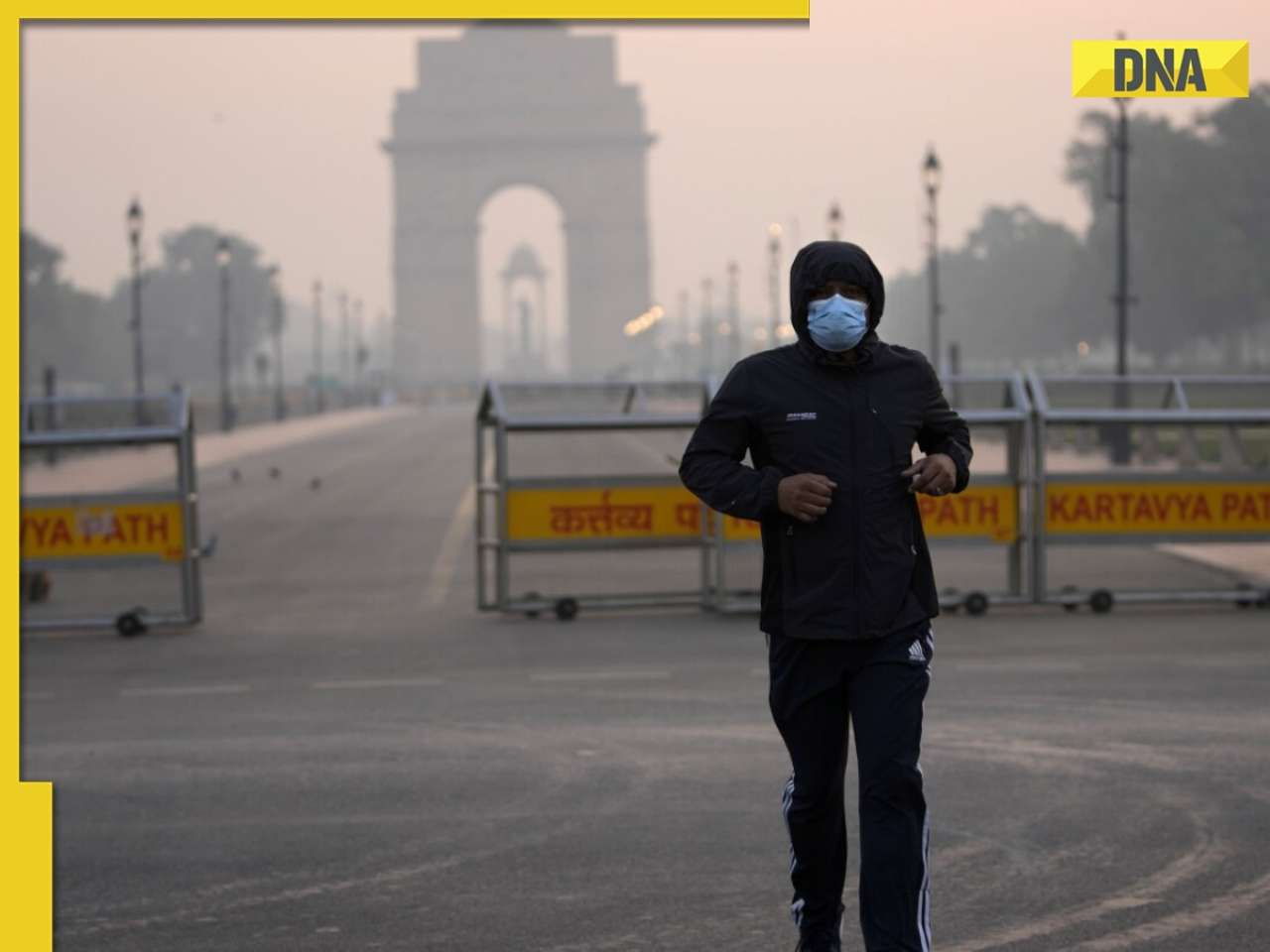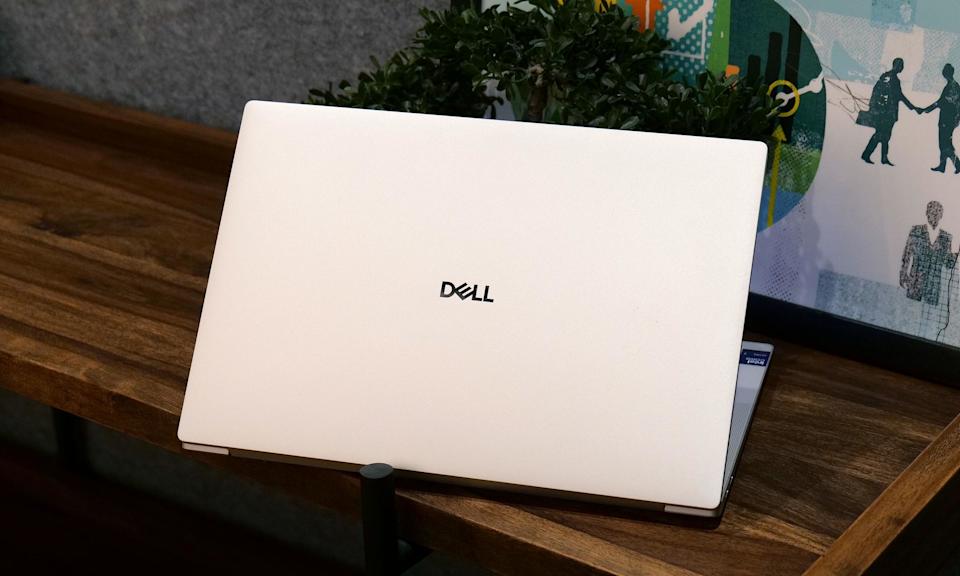
The CPCB’s forecast for the coming days paints a grim picture, with the air quality expected to deteriorate further into the “severe” category on Tuesday and Wednesday.
The national capital and its surrounding regions woke up to a toxic morning on Diwali, with the air quality index (AQI) worsening to the “very poor” category. According to the Central Pollution Control Board (CPCB), Delhi recorded an AQI of 335 at 8 am, a stark reminder of the city’s struggle with air pollution.
The CPCB’s forecast for the coming days paints a grim picture, with the air quality expected to deteriorate further into the “severe” category on Tuesday and Wednesday. This is largely attributed to the bursting of crackers, which causes severe noise pollution and blankets the national capital in smoke.
Supreme Court’s green firecracker directive
In a bid to mitigate the pollution, the Supreme Court had permitted the sale and bursting of green firecrackers in Delhi-NCR during Diwali, albeit with certain conditions. The court confined the use of green crackers to specific hours – 6 am to 7 pm and 8 am to 10 pm – on the day before Diwali and on the festival day itself.
#WATCH | Visuals from the India Gate as GRAP-2 invoked in Delhi.
The Air Quality Index (AQI) around the India Gate was recorded at 347, in the ‘Severe’ category, in Delhi this morning as per the Central Pollution Control Board (CPCB). pic.twitter.com/5gbpOvT5hp
— ANI (@ANI) October 20, 2025
Toxic air engulfs Delhi-NCR
The air quality in Delhi-NCR has been deteriorating rapidly, with several areas recording hazardous AQI levels. Anand Vihar, Wazirpur, and Dwarka are among the worst-hit areas, with AQI levels touching severe categories. The situation is equally dire in neighboring cities like Ghaziabad, Noida, and Gurugram, which are also grappling with poor air quality.
Health risks and precautions
Doctors have warned that prolonged exposure to such polluted air can aggravate respiratory illnesses, particularly among children and the elderly. Residents are advised to take necessary precautions, including wearing masks and limiting outdoor activities, to minimize the health risks associated with air pollution.
Experts attribute the surge in pollution to transport emissions, firecrackers, and stubble burning, compounded by meteorological conditions that trap pollutants. The Indian Institute of Tropical Meteorology predicts that the air quality may worsen on Diwali day, potentially reaching the upper end of the very poor category and shifting to severe on October 21 if cracker emissions rise.
Authorities take measures
Authorities have stepped up inspections to curb the sale of non-certified fireworks and are urging residents to opt for eco-friendly celebrations. The Delhi government has also launched a comprehensive Winter Action Plan for 2025-26, outlining 25 key measures across seven thematic areas to tackle pollution
Disclaimer : This story is auto aggregated by a computer programme and has not been created or edited by DOWNTHENEWS. Publisher: dnaindia.com








